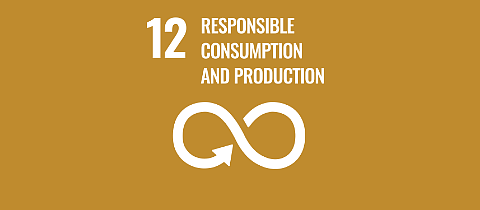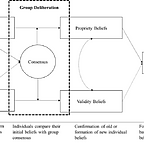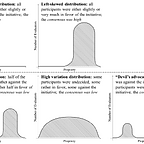
The Role of Consensus in Legitimation through Deliberation: An Experimental Approach
Info
| Type of project: | Empirical research |
| Departement: | Strategy, Globalization and Society |
| Date: | 01.09.2020 - Ongoing |
| More Info: | SNSF Project, AOM Presentation |
Faculty



SDGs tackled in this research project


Description
We aim to understand how individual legitimacy judgements develop dependent on the social context. Prior research applied mainly a monological perspective on individual judgement formation without acknowledging that individuals form their judgements in communicative interaction with others. For example, individuals can learn from social interaction about the level of collective agreement (i.e., consensus), which, in turn, can affect their own judgements. To test these assumptions, we propose and apply the deliberative experiment as a suitable method for studying the formation of legitimacy judgments in general and the impact of consensus on individual legitimacy beliefs in particular.
In deliberative experiments, researchers invite their participants to deliberate in a group about a pre-defined topic. Measuring participants’ judgements before and after the survey allows to identify change due to interpersonal interaction within the groups. Importantly, the design also allows to experimentally manipulate aspects of the group deliberation to identify causal effects. In our study, we manipulated the level of consensus within the deliberation groups, which allowed us to identify the effect of consensus on individual legitimacy judgements.
The context of our group deliberation was the Swiss Responsible Business Initiative, a popular initiative, which aimed to establish legally binding due diligence for Swiss business firms whose activities outside Switzerland may impact human rights and the environment. The results show that deliberating in low versus high consensus groups resulted in significantly more change of initial legitimacy judgements. Specifically, participants that deliberated in low consensus groups tended to become less extreme in their judgements or to change their initial judgements completely.
Conversely, individuals, who deliberated in a high consensus group kept their initial judgement or became more extreme in it. Overall, our study shows that the social context of individuals revealed through communicative interaction affects their individual judgement formation. More specifically, our study demonstrates the dialogical mechanisms of how the level of consensus affects individual legitimacy judgements. Moreover, we introduce and apply the deliberation experiment as a promising novel method for testing cause-and-effect relationships in the process of legitimacy formation.






